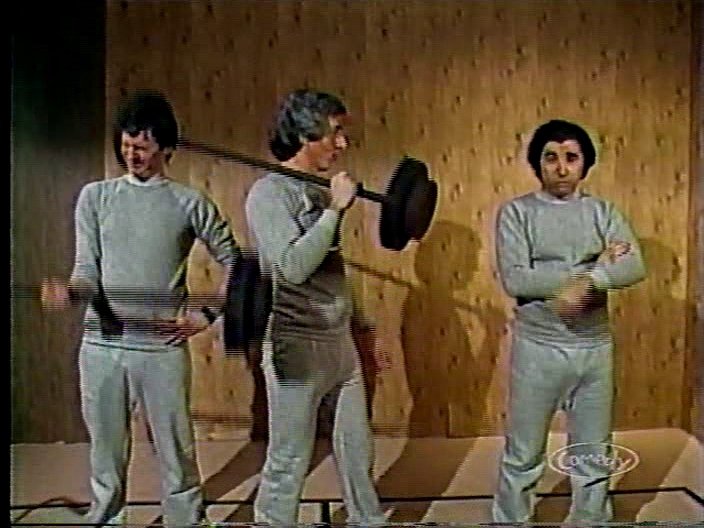
Existentialist Weightlifting
Classic SNL Review: February 19, 1983: Howard Hesseman / Tom Petty & The Heartbreakers (S08E13)
Sketches include "Dressing Room", "Sleepy Boy 2000", "Gas Station", "Mad Magazine Theatre", "The A-Team", "Holiday Inn", "My Date with Dion" and "The Laughing Buddha". Tom Petty & the Heartbreakers perform "Change of Heart" and "The Waiting". Tonight also features a personal tribute to John Belushi by his wife Judith Jacklin Belushi, featuring an original song by Rhonda Coullet.

